 Read on if you want to take advantage of a brilliant opportunity to network and horizon scan, ensuring you are aware of the funding opportunities coming up…
Read on if you want to take advantage of a brilliant opportunity to network and horizon scan, ensuring you are aware of the funding opportunities coming up…
Following the successful 2013 Global Grand Challenges London Summit (see here for a great overview written by participants), organised by the Royal Academy of Engineering, EPSRC set out to identify Engineering Grand Challenges. In order to start this process, EPSRC organised a two-day retreat, bringing together 25 academic, industry and government experts in facilitated discussions. Prior to the event, EPSRC University and Business Strategic Partners were invited to provide suggestions for the Grand Challenges.
The outputs of the retreat are included in the report below. Seven areas have thus far been identified as potential Engineering Grand Challenges:
- Risk and Resilience in a Connected World
- Controlling Cell Behaviour
- Engineering from Atoms to Applications
- Bespoke Engineering
- Big Data for Engineering Futures
- Suprastructures – integrating resource infrastructures under constraint
- Engineers at the Heart of Public Decision Making.
Following the retreat, EPSRC approached 23 experts from across the engineering disciplines to ask their views about the themes identified as well as input from the EPSRC Engineering Strategic Advisory Team; their comments are included in the report. As a first stage EPSRC will convene a small high-level group to reflect further on the outcomes of the retreat, where necessary refining the number of challenges and their content.
Following this and in order to build momentum around the Engineering Grand Challenges, EPSRC intend to run three workshops in the Autumn so as to:
- Engage the research and user community to identify clear targets or milestones for each of the selected Grand Challenges areas
- Start the process of building collaborations and/or consortia as appropriate and
- Build advocacy for the Engineering Grand Challenges, particularly as EPSRC, working with its partners in academia, industry and government, is looking to build the case for Engineering and Physical Sciences ahead of the next spending review.
If you wish to attend one of these workshops EPSRC ask you to complete the survey (at the bottom of this page: http://www.epsrc.ac.uk/funding/calls/engineeringgrandchallenge/) by 15 September 2014. If you have any queries please email engineeringgrandchallenges@epsrc.ac.uk
| Activity | Date |
|---|---|
| Expression of interest to attend | 15 September 2014 |
| Confirmation to attendees | 02 October 2014 |
| Birmingham workshop | 14 November 2014 |
| London workshop | 19 November 2014 |
| Edinburgh workshop | 26 November 2014 |
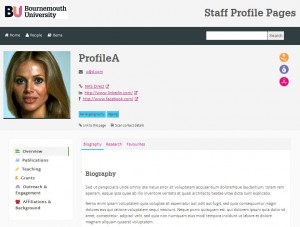

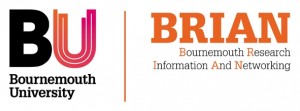
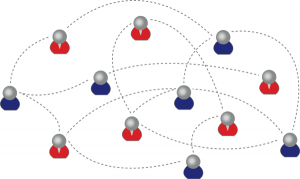
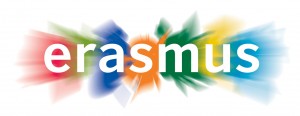


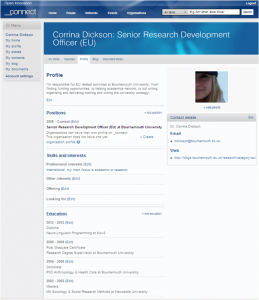
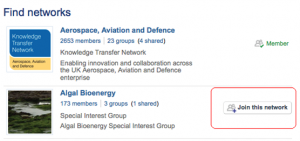





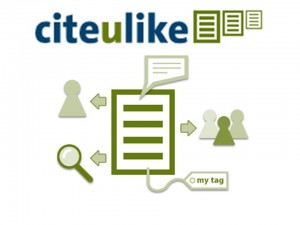












 BU attendance at third annual GCPHR meeting in June
BU attendance at third annual GCPHR meeting in June Interactive Tangible and Intangible Heritage Applications – BU student work featured in new book chapter
Interactive Tangible and Intangible Heritage Applications – BU student work featured in new book chapter Second NIHR MIHERC meeting in Bournemouth this week
Second NIHR MIHERC meeting in Bournemouth this week MSCA Postdoctoral Fellowships 2025 Call
MSCA Postdoctoral Fellowships 2025 Call ERC Advanced Grant 2025 Webinar
ERC Advanced Grant 2025 Webinar Horizon Europe Work Programme 2025 Published
Horizon Europe Work Programme 2025 Published Horizon Europe 2025 Work Programme pre-Published
Horizon Europe 2025 Work Programme pre-Published Update on UKRO services
Update on UKRO services European research project exploring use of ‘virtual twins’ to better manage metabolic associated fatty liver disease
European research project exploring use of ‘virtual twins’ to better manage metabolic associated fatty liver disease